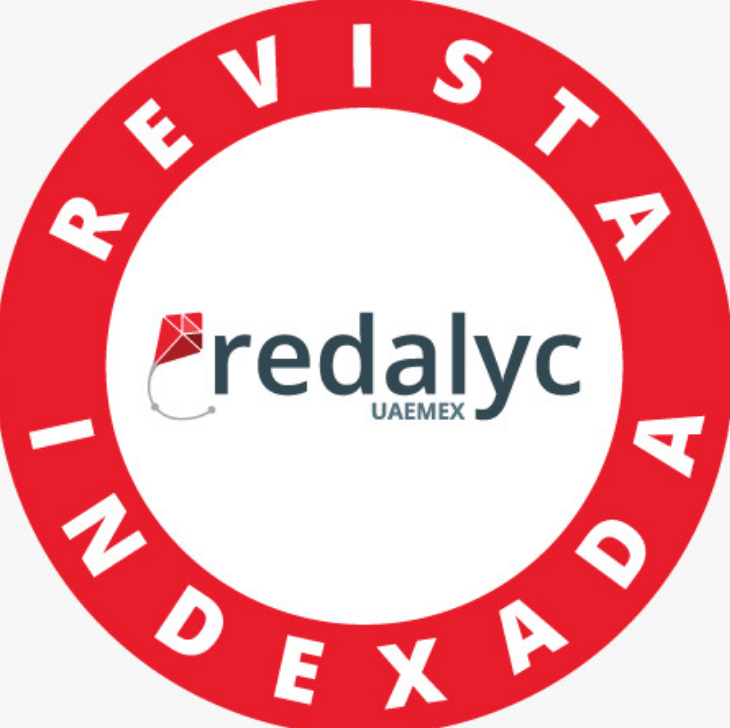Mobile Application as a legal and informative support tool for the active population of Ecuador
Keywords:
Active population, rules and regulations, labor market, mobile appAbstract
The purpose of this study was to design a mobile application as legal and informative resource aimed at an Active Population—employed and in search of employment—in Ecuador. A quantitative research method was used with the Feasible Project, which complement with the “Development of Mobile Apps. First, the model was obtained through the National Statistics and Census Department (INEC, 2018) and by the Employment, Unemployment and Underemployment National Survey— (ENEMDU, 2019). Second, data was gathered through a documental technique—a method consisting of empirical levels. In addition, data sheets were used as tools, while the Content Analysis enabled data interpretation. The technical diagnosis revealed that the Active Population faces unemployment and underemployment serious issues affecting the country’s productive stability in addition to decreasing the likeliness of promotion in the latter of opportunities in society. A mobile app has been designed as a tool containing legal and informative content to enable access to rules and regulations governing labor and information of productive processes. In order to accomplish the making of this app, agile methods, SCRUM work frame and a CMMI model. Furthermore, analyses requirement, conceptualization and assessment prototypes were established.
Downloads
Downloads
Published
Issue
Section
License
Copyright Notice
Authors who publish this journal agree to the following terms:
- Authors retain copyright and grant the journal right of first publication with the work simultaneously licensed under a Creative Commons Attribution-Non-Commercial-Share-Alike 4.0 International 4.0 that allows others to share the work with an acknowledgement of the work's authorship and initial publication in this journal.
- Authors are able to enter into separate, additional contractual arrangements for the non-exclusive distribution of the journal's published version of the work (e.g., post it to an institutional repository or publish it in a book), with an acknowledgement of its initial publication in this journal.
- Authors are permitted and encouraged to post their work online (e.g., in institutional repositories or on their website) prior to and during the submission process, as it can lead to productive exchanges, as well as earlier and greater citation of published work.
Disclaimer
LAJC in no event shall be liable for any direct, indirect, incidental, punitive, or consequential copyright infringement claims related to articles that have been submitted for evaluation, or published in any issue of this journal. Find out more in our Disclaimer Notice.











